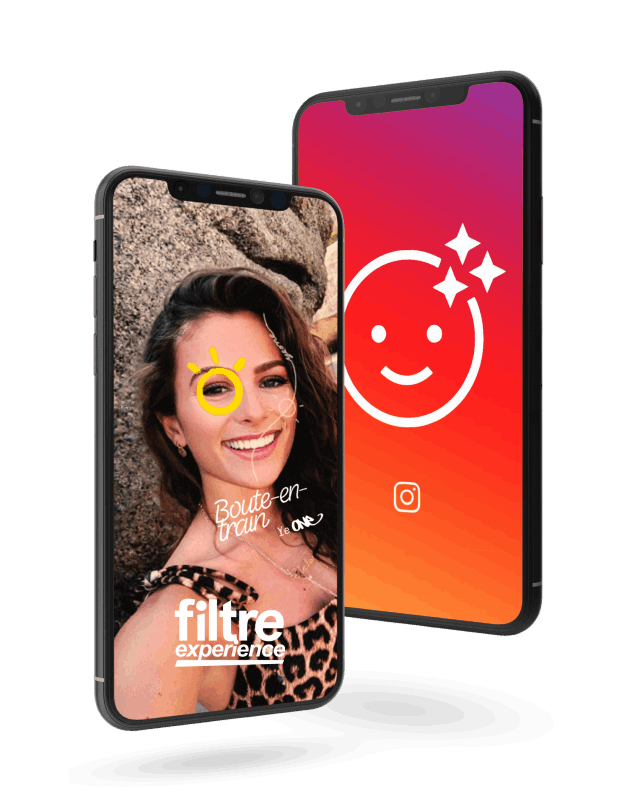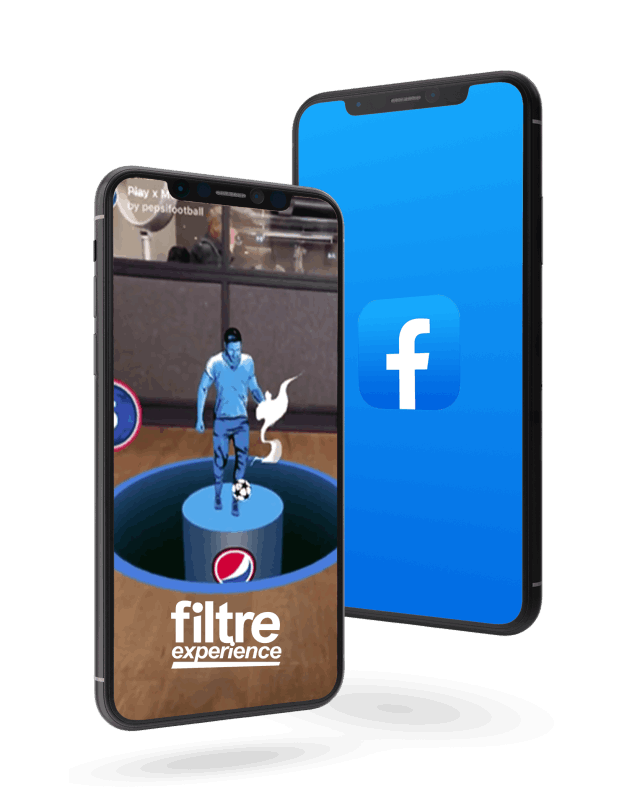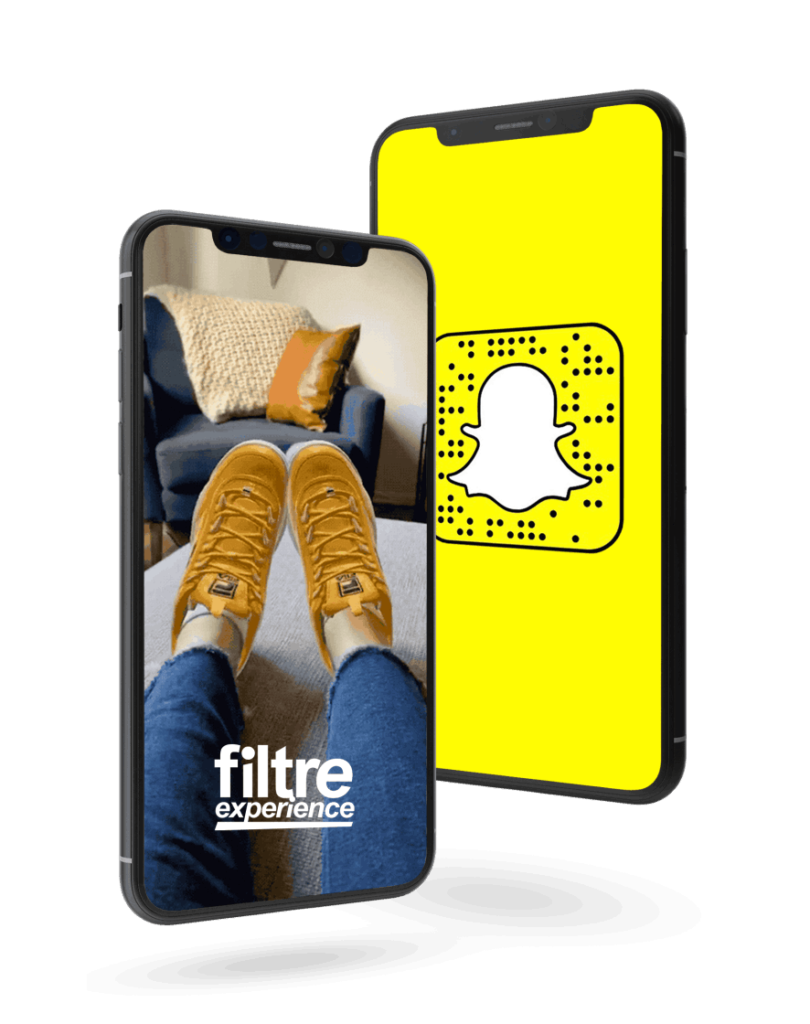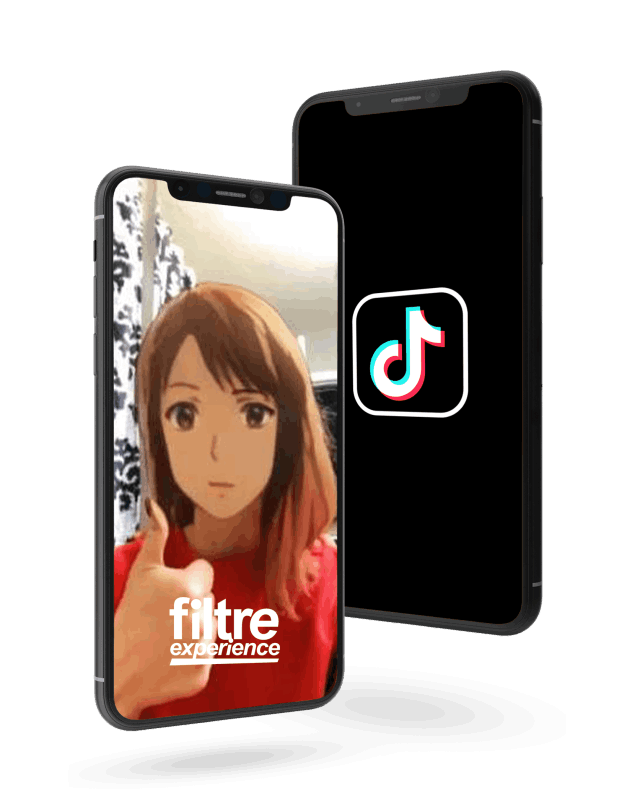You may have heard about the Metaverse before, but do you know what it is and how it impacts the luxury industry? Let’s dive into this digital realm and explore how luxury brands are utilizing it to connect with consumers in innovative ways.
Understanding the Metaverse and Its Potential Impact on Luxury Brands
First things first, let’s define the Metaverse. Essentially, it’s a collective virtual shared space that merges the physical and digital worlds. In the Metaverse, users can interact with each other and digital content, all within a 3D environment. It’s like a giant, virtual sandbox where anything is possible.
But what does this mean for luxury brands? How can they utilize the Metaverse to their advantage?
The Metaverse is already having an impact on the luxury industry, and it’s only going to increase. According to a report by Boston Consulting Group, the luxury market is expected to reach $1 trillion by 2025, with a significant portion of that growth coming from digital channels. As these channels evolve, the Metaverse is poised to become a major player.
Defining the Metaverse
Let’s break down the Metaverse a bit further. At its core, it’s a combination of four key elements: virtual reality, augmented reality, social media, and gaming. By incorporating these elements, the Metaverse offers a completely unique and immersive experience for users.
Virtual reality (VR) is a technology that creates a simulated environment, while augmented reality (AR) overlays digital content in the real world. Social media allows users to connect with each other and share content, while gaming adds an element of competition and challenge.
The Metaverse combines all of these elements to create a truly immersive experience. Users can interact with each other in a virtual space, try on virtual clothing and accessories, and even attend virtual events.
The Growth of Virtual Worlds and Digital Experiences
Virtual worlds and digital experiences have been around for years, but they’ve really taken off in recent times. The pandemic has sped up the adoption of digital technologies, and the Metaverse has seen a surge in popularity.
One example of the Metaverse in action is the virtual fashion show. Luxury brands like Balenciaga and Gucci have created virtual fashion shows that allow users to experience the runway from the comfort of their own homes. These shows incorporate elements of gaming, with users able to control their own avatars and interact with the environment.
But virtual fashion shows are just the beginning. Luxury brands can also create virtual pop-up shops, where users can browse and purchase products in a virtual environment. This not only provides a unique and memorable experience for consumers but also allows brands to experiment with new designs and products without the constraints of the physical world.
How Luxury Brands Can Benefit from the Metaverse
So, how exactly can luxury brands benefit from the Metaverse? Well, for starters, it provides a unique opportunity to connect with younger, digitally-savvy consumers. By incorporating virtual experiences into their marketing strategy, luxury brands can create a more engaging and memorable experience for consumers.
Additionally, the Metaverse allows brands to experiment with new products and designs without the constraints of the physical world. Brands can test out new concepts and receive almost instant feedback from consumers, all within a virtual environment.
But perhaps the biggest benefit of the Metaverse for luxury brands is the potential for increased revenue. As more consumers turn to digital channels to make purchases, the Metaverse provides a new and exciting way for luxury brands to reach their target audience.
In conclusion, the Metaverse is a rapidly evolving space that has the potential to revolutionize the luxury industry. By incorporating virtual experiences into their marketing strategy, luxury brands can connect with consumers in a new and exciting way, experiment with new products and designs, and ultimately increase revenue.
The Evolution of Luxury Brands in the Digital Age
The use of digital technologies in the luxury industry is not a new phenomenon. Over the years, luxury brands have had to adapt to the changing consumer landscape and incorporate digital strategies into their overall marketing approach.
With the rise of the internet and the proliferation of smartphones, consumers are now more connected than ever before. They can easily access information about products and services, compare prices, and make purchases online. This has had a significant impact on the luxury industry, forcing brands to rethink their marketing strategies and find new ways to connect with consumers in the digital age.
The Shift from Traditional to Digital Marketing
As consumers increasingly turn to digital channels to discover, research, and purchase products, luxury brands have had to shift their marketing efforts accordingly. Traditional marketing methods, such as print ads and billboards, are no longer enough to reach today’s digitally-savvy consumers. Instead, brands are investing more in digital marketing, which offers a cost-effective way to reach a wider audience and engage with consumers in a more targeted, personalized way.
One of the key advantages of digital marketing is the ability to track and measure the success of campaigns. Brands can use analytics tools to monitor the performance of their marketing efforts and make adjustments as needed. This allows them to optimize their campaigns for maximum impact and return on investment.
The Role of Social Media and Influencers
Social media has become a vital tool for luxury brands looking to connect with consumers online. Platforms like Instagram and TikTok provide brands with a unique way to showcase their products and create an aspirational lifestyle around their brand.
Many luxury brands have established a strong presence on social media, using it to share behind-the-scenes glimpses of their products and events, as well as to engage with their followers. They also use social media to collaborate with influencers, who can help promote their products to their large and engaged audiences.
Influencer marketing has exploded in popularity in recent years, as brands look to leverage the power of social media personalities to promote their products to their followers. Influencers can help brands reach new audiences and build trust with consumers, who often view influencers as more authentic and relatable than traditional celebrities or advertisements.
Embracing E-commerce and Online Retail
E-commerce has revolutionized the way we shop, and luxury brands have had to adapt to this changing landscape. Online retail offers brands a way to reach consumers all over the world, and it also provides consumers with a more convenient way to purchase luxury products.
Many luxury brands have launched their own e-commerce platforms and have partnered with online retailers to expand their reach. This has allowed them to tap into new markets and reach consumers who might not have access to their products otherwise.
However, e-commerce also presents challenges for luxury brands. The online shopping experience can be very different from the in-store experience, and brands must find ways to replicate the luxury and exclusivity of their physical stores online. They must also find ways to ensure that their products are presented in a way that reflects their brand values and image.
Despite these challenges, e-commerce is a crucial part of the luxury industry’s digital strategy. Brands that are able to successfully navigate the online retail landscape are likely to see continued success and growth in the years to come.
Case Studies of Luxury Brands in the Metaverse
As the Metaverse continues to grow in popularity, luxury brands are finding innovative ways to connect with consumers in this new digital realm. By leveraging the latest technology and immersive experiences, these brands are able to create unique and engaging interactions that resonate with their audiences. Let’s take a closer look at some examples of luxury brands that are successfully utilizing the Metaverse to connect with consumers.
Gucci’s Virtual Sneakers and Digital Fashion Shows
Gucci is one of the first luxury brands to truly embrace the Metaverse. Last year, they released a pair of virtual sneakers that users could try on in the Metaverse. These sneakers were designed with the same level of detail and craftsmanship as their physical counterparts, and the virtual experience allowed users to see the sneakers from all angles and in different lighting conditions. The virtual sneakers sold out almost instantly, showing that there is a demand for these types of digital experiences.
Additionally, Gucci hosted a virtual fashion show in the Metaverse earlier this year. The show was a fully immersive, 3D experience that allowed viewers to feel like they were sitting in the front row at a real fashion show. The virtual environment was designed to showcase Gucci’s latest collection in a way that was both innovative and engaging. By leveraging the latest technology, Gucci was able to create a unique experience that resonated with its audience and helped to strengthen its brand identity.
Louis Vuitton’s Collaboration with League of Legends
Louis Vuitton is another luxury brand that has successfully integrated itself into the Metaverse. In 2019, they teamed up with the popular online game, League of Legends, to create a range of in-game skins and accessories. These items were designed with the same level of detail and craftsmanship as their physical counterparts, and the collaboration was a huge success. By partnering with a popular online game, Louis Vuitton was able to reach a new audience and showcase their brand in a new and exciting way.
Burberry’s Partnership with Mythical Games
Burberry is taking a slightly different approach to the Metaverse by partnering with Mythical Games to create a new blockchain-based game. The game, which is currently in development, will allow users to purchase rare digital items that can be used to decorate the virtual world and showcase their fashion sense. By leveraging blockchain technology, Burberry is able to create a unique and secure way for users to purchase and trade these digital items. This partnership shows that luxury brands can successfully integrate themselves into the gaming world and create new and engaging experiences for their audiences.
As the Metaverse continues to evolve, it will be interesting to see how luxury brands continue to innovate and create new experiences for their audiences. By leveraging the latest technology and immersive experiences, these brands are able to connect with consumers in a way that is both innovative and engaging.
Challenges and Opportunities for Luxury Brands in the Metaverse
The Metaverse is a virtual world where people can interact with each other and with digital objects in a three-dimensional space. It is a new frontier for luxury brands, offering exciting opportunities as well as challenges that need to be addressed.
Protecting Brand Identity and Intellectual Property
One of the biggest challenges for luxury brands in the Metaverse is protecting their brand identity and intellectual property. With so much user-generated content in the Metaverse, it can be difficult to ensure that your brand is being represented correctly.
Brands will need to be proactive in monitoring the Metaverse and enforcing their rights. This can be done through partnerships with Metaverse platforms and by using tools such as digital watermarking and content recognition technology.
Balancing Exclusivity and Accessibility
Another challenge is balancing exclusivity with accessibility. Luxury brands have always been associated with exclusivity, but the Metaverse offers a more democratic and accessible environment.
Brands will need to find a way to balance their luxury image with the more open nature of the Metaverse. This can be done by creating exclusive experiences within the Metaverse that are only accessible to a select few, while also offering more accessible experiences to a wider audience.
Adapting to New Consumer Behaviors and Expectations
The Metaverse offers consumers a completely new way to interact with brands and products. As a result, luxury brands will need to adapt to these new consumer behaviors and expectations.
Brands that can successfully create engaging, immersive experiences for consumers will be the ones that thrive in the Metaverse. This can be done through the use of virtual showrooms, interactive product demonstrations, and personalized shopping experiences.
Furthermore, luxury brands can use the Metaverse as a platform for storytelling and brand building. By creating immersive narratives and experiences, brands can deepen their relationship with consumers and create a sense of community within the Metaverse.
Conclusion
The Metaverse presents both challenges and opportunities for luxury brands. By protecting their brand identity and intellectual property, balancing exclusivity and accessibility, and adapting to new consumer behaviors and expectations, luxury brands can successfully navigate this new frontier and create engaging, immersive experiences for their customers.
The Future of Luxury Brands and the Metaverse
So, what does the future hold for luxury brands in the Metaverse? Here are a few potential developments to keep an eye on.
Potential Developments in Virtual Reality and Augmented Reality
Virtual reality and augmented reality technologies are rapidly advancing, and we can expect to see even more immersive and realistic experiences in the Metaverse. Luxury brands that can leverage these technologies in innovative ways will differentiate themselves from the competition.
Imagine being able to try on a new pair of shoes or a designer dress in a virtual reality environment, where you can see how the item looks and feels before making a purchase. With augmented reality, you could even see how the item would look in your own home or on your own body, without ever leaving your house. These technologies have the potential to revolutionize the way we shop for luxury goods.
The Role of Cryptocurrency and NFTs in Luxury Transactions
The rise of cryptocurrency and NFTs (non-fungible tokens) is changing the way we think about buying and selling digital assets. In the Metaverse, we can expect to see more luxury brands exploring these technologies as a way to create unique, collectible digital products.
For example, a luxury brand could create a limited-edition digital handbag, which is only available for purchase using cryptocurrency. The handbag could be a one-of-a-kind item, with a unique NFT attached to it, making it a valuable collectible for the buyer. This type of transaction would not only be exclusive and exciting for the consumer, but it would also provide a new revenue stream for luxury brands.
Creating Immersive and Personalized Experiences for Consumers
Finally, the key to success in the Metaverse will be creating immersive and personalized experiences for consumers. Brands that can create a sense of community and engage with consumers on a deeper level will be the ones that thrive.
Imagine attending a virtual fashion show, where you can interact with the models and designers in real-time. Or, being able to customize your own virtual luxury apartment, complete with designer furniture and artwork. These types of experiences would not only be entertaining but would also create a deeper connection between the consumer and the brand.
Overall, the Metaverse provides a unique opportunity for luxury brands to innovate and create new experiences for their consumers. By embracing new technologies and creating personalized experiences, luxury brands can stay ahead of the competition and continue to grow their brand in the digital age.
Conclusion
The Metaverse offers an exciting new world of opportunities for luxury brands. By embracing this digital realm and incorporating it into their overall marketing strategy, luxury brands can create unique, immersive experiences for consumers and differentiate themselves from the competition.
As the Metaverse continues to evolve, we can expect to see even more possibilities for luxury brands, from virtual reality shopping experiences to blockchain-based transactions. The future is bright, and the Metaverse is the next frontier for luxury brands looking to connect with consumers in innovative ways.








